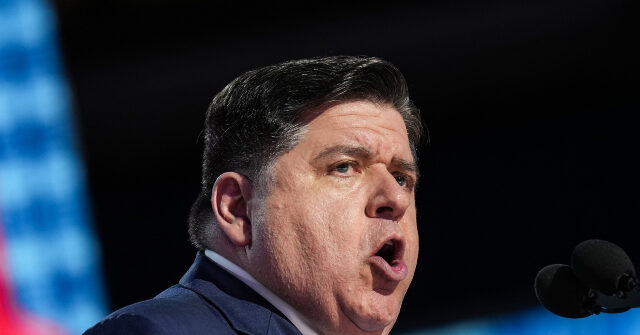On a recent Friday, a federal judge in the Southern District of Illinois issued a permanent injunction against the enforcement of the “assault weapons” ban stated in the Protect Illinois Communities Act (PICA). This legal decision marks a significant victory for proponents of gun rights, particularly the Second Amendment Foundation (SAF), which was one of the plaintiffs in the case. Alan Gottlieb, the founder of SAF, celebrated the ruling as a landmark day for gun rights advocates. The injunction will go into effect in 30 days, providing the state with a window to challenge the ruling through an appeal.
The “assault weapons” ban was enacted by Illinois Governor J.B. Pritzker (D) on January 10, 2023, but it faced immediate resistance from law enforcement across the state. Sheriffs from 80 counties expressed their unwillingness to enforce the new regulations, suggesting a significant divide between state legislation and local law enforcement priorities. This resistance highlighted the contentious nature of the debate surrounding gun control in Illinois, as various stakeholders grappled with the implications of the law.
Despite the pushback from law enforcement, the state government aimed to uphold the ban, emphasizing its intentions to reduce gun violence. However, the federal court’s ruling indicated a judicial recognition of Second Amendment rights, reflecting ongoing debates about individual liberties versus societal safety. The Southern District’s decision served as a prompt for further conversation surrounding the balance of power between state and federal courts, as well as the complexities of implementing gun-control measures effectively.
AWR Hawkins, a prominent Second Amendment columnist for Breitbart News, has closely monitored the developments surrounding gun legislation and enforcement. As an influential political analyst and member of various gun advocacy organizations, Hawkins provides insights into the motivations and implications behind such legal battles. His work aims to inform and engage readers on issues pertaining to gun rights, illustrating the broader cultural conversations occurring in the U.S. regarding the Second Amendment and its interpretations.
The outcome of the case and the permanent injunction could have far-reaching effects on similar laws and policies across the nation. With the growing trend of challenges to gun-control legislation, this ruling may inspire other states to reconsider or amend their approaches to firearms regulation. Legal experts and advocacy groups on both sides of the debate will likely analyze the implications of this decision, anticipating future legal contests in the ongoing struggle over gun rights and national safety.
As the situation unfolds, the potential appeal from the state of Illinois may further illuminate the dynamics at play in the regulation of firearms. While the ruling has emboldened gun rights activists, it also emphasizes the lingering tensions among law enforcement, state lawmakers, and the judiciary regarding the future of gun legislation. The fallout from this case could set significant precedents, impacting legislative discussions and community responses related to Second Amendment rights across the country.

